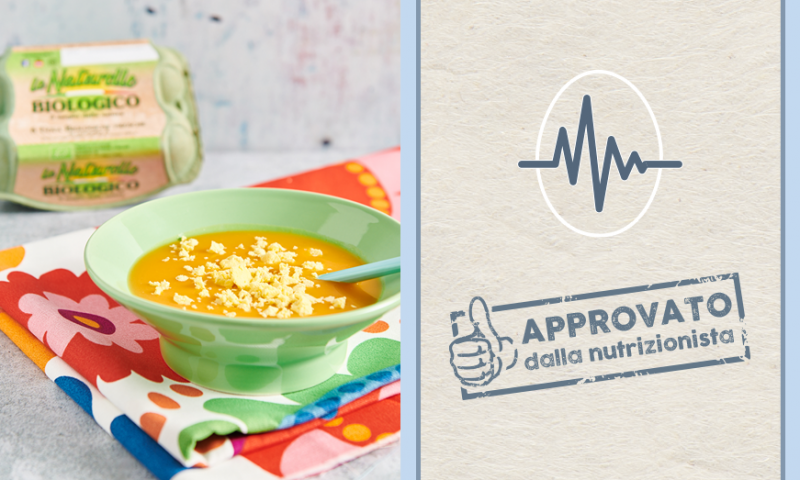The weaning stage is certainly one of the most delicate and important stages for a child. There is still some confusion and uncertainty among mothers on this issue: what to give the child to eat, how, and especially when. Among the many foods that are introduced later in weaning there are also eggs, because they are considered possible allergens. As a matter of fact, eggs are a valuable ally in the growth of a child, as long as they are introduced at the right time and some precautions are taken.
Below is a list of the main tips: of course, these tips only apply to healthy children who have not previously had allergies.
When to introduce eggs into a child’s diet
It is advisable to introduce the egg yolk around 6-9 months and add the egg white later (about 12 months of age). Once accustomed, it is advisable to feed the child 2 or 3 eggs a week.
How to introduce eggs
In general, the egg must always be cooked before giving it to the child. The approach must be gradual: at the beginning, give only a little bit of yolk, mixing it in the food; then, after ensuring that the child does not manifest any allergic reactions, the dose can be increased to reach a whole yolk. The same procedure applies to egg white.
How to cook eggs
Initially, you can mix the egg with food or with vegetable soup. Afterwards, it can be hard boiled, poached, sunny side up, cooked in the oven… or as you prefer!
Frying is not recommended as it makes digestion difficult.
Why are eggs recommended in a child’s diet?
Eggs are a concentrate of excellent nutrients such as vitamins (A, B, D, E, Folic acid, Choline), minerals (iron, copper, phosphorus, calcium, potassium, sulfur and zinc), proteins (especially in the egg white, but partly also in the yolk) and essential fatty acids (in the yolk). Just like milk or seeds, eggs have the function of supporting the growth and development of a new organism.
In addition, eggs have been shown to help brain development in children, promoting memory, intelligence, ability to concentrate and consequently school performance. This is because eggs contain docosahexaenoic acid, an omega-3 fatty acid, essential for proper development and brain function.
Therefore, if you follow the indications proposed above, eggs are an excellent food, fundamental for the development and healthy growth not only of bones and muscles, but also of the mind of our children.

